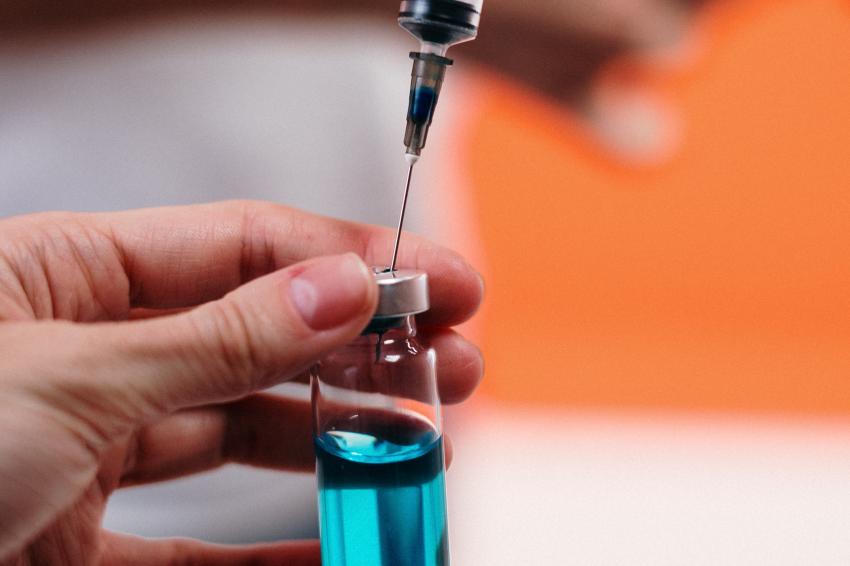AstraZeneca US Vaccine Trial in Limbo
While some believe the US health agency is inclined to follow the lead of the British Medicines and Healthcare Products Regulatory Agency and give the go-ahead for a restart, the US National Institutes of Health (NIH) has launched an investigation to determine whether the vaccine candidate was responsible for the British event in which a patient suffered from an inflammatory spinal cord condition.
In light of the uncertainty, AstraZeneca’s reluctance to share more details about a possible side effect of the vaccine has been questioned. CEO Pascal Soriot has not officially confirmed what neurologists think may have been transverse myelitis, a condition that involves an inflammation along the spinal cord causing pain, muscle weakness and paralysis. The patient has since been released from hospital.
“The highest levels of NIH are very concerned,” said Avindra Nath, intramural clinical director and a leader of viral research at the National Institute for Neurological Disorders and Stroke, a sub-unit of NIH, which also oversees the National Institute for Infectious diseases (NIIAD) headed by Anthony Fauci.
In Nath’s words, the drugmaker “needs to be more forthcoming,” as a lack of information makes it difficult for experts to help. Nath said the institute has not been able to get tissue or blood samples from the British patient. Without this, an investigation into the cause could be difficult and exploring alternative routes waste valuable time, he said.
Experts say they worry about a phenomenon called “molecular mimicry,” in which a small piece of the vaccine may be similar to tissue in the brain or spinal cord and trigger an immune attack. If this happens in one trial patient, the logic is that it could also be seen in others.
Jesse Goodman, former director of the FDA’s Center for Biologics Research and Evaluation and chief scientist and the agency’s lead vaccine regulator under US president Barack Obama, said the health watchdog will want to see why AstraZenenca and an independent UK data and safety monitoring board felt it was safe to continue the tests.
The FDA could potentially request more information about the affected study volunteer and also require AstraZeneca to update the safety information it provides to study participant, Goodman said.
Several scientists quoted by US health media stressed that during the clinical trials there is an exceptional need for transparency, especially in a political climate rife with vaccine hesitancy and mistrust of the Trump administration’s handling of the Covid-19 response.
In Brazil, officials do not appear to be as cautious. The country’s health regulator Anvisa this week gave AstraZeneca the green light to add 5,000 patients to its Phase 3 trial, which has now been resumed. The government has earmarked $360 million to secure an initial 100 million doses as well as the right to produce the vaccine.
Author: Dede Williams, Freelance Journalist












